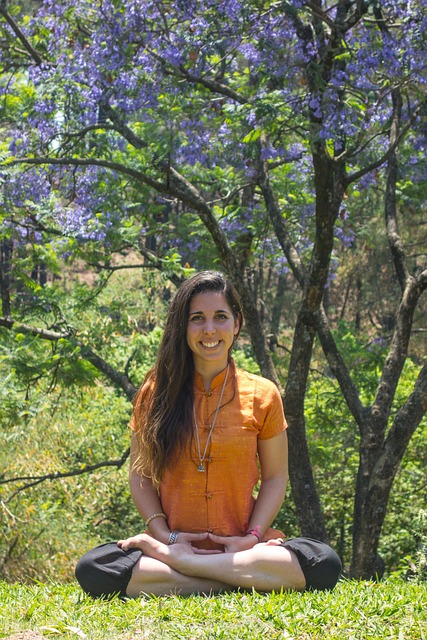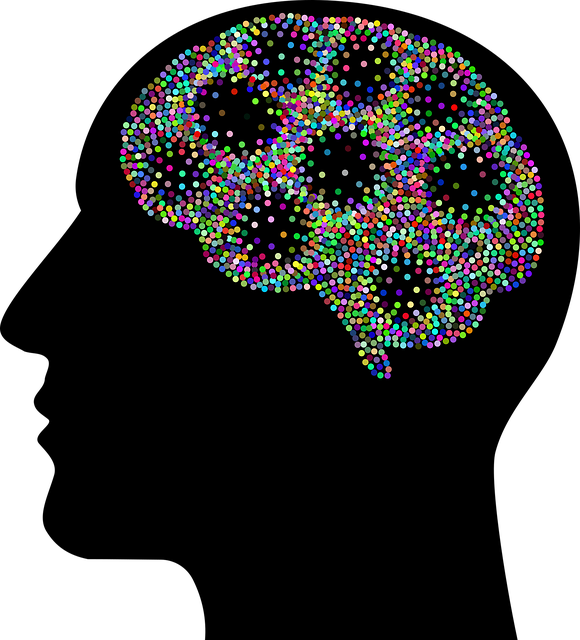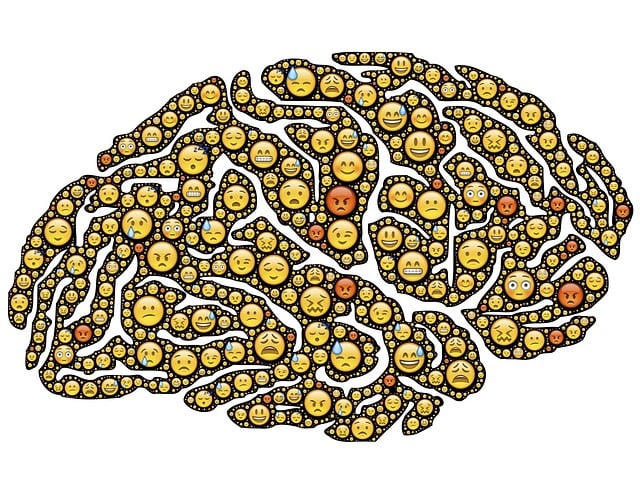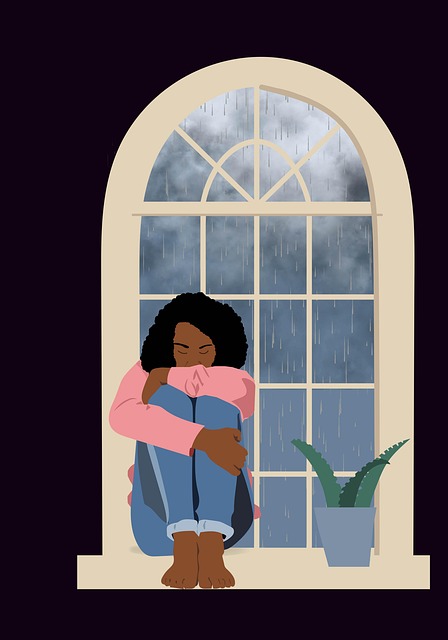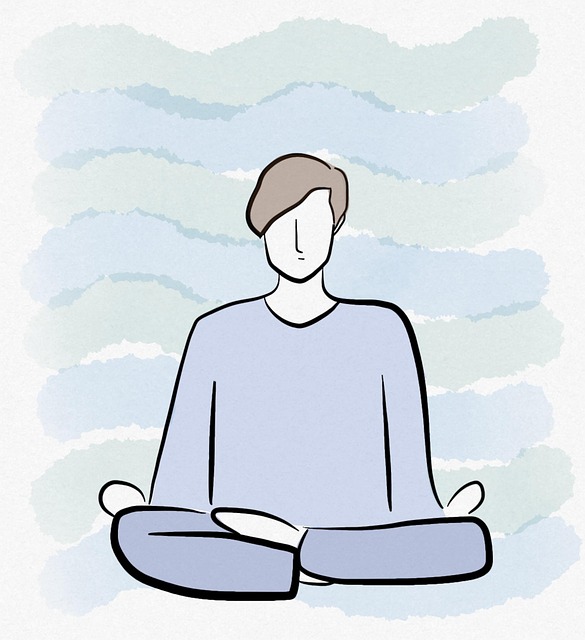Denver's mental health scene lacks targeted support for couples' communication issues, a significant barrier to emotional well-being. A comprehensive program addressing these challenges should blend education on emotional intelligence, attachment styles, stress management, and trauma support with interactive workshops fostering open dialogue. By integrating conflict resolution techniques tailored to diverse cultural needs and preventing healthcare provider burnout, Denver can empower individuals to build healthier relationships and ensure holistic mental health support for its residents.
In Denver, mental health education programs play a pivotal role in addressing pressing issues like couples’ communication difficulties. This article delves into the intricate design of an innovative therapy program tailored to the unique needs of the city’s residents. We explore how assessing Denver’s mental health landscape and identifying gaps in communication skills for couples guides curriculum creation. Through a structured approach, the program empowers participants with effective therapeutic tools. Additionally, we discuss implementation strategies that foster community engagement, encouraging open dialogue on sensitive topics like relationship communication issues in Denver.
- Assessing Denver's Mental Health Landscape and Needs: Identifying Gaps in Communication Skills for Couples
- Program Structure and Content: Creating a Comprehensive Curriculum for Effective Therapy
- Implementation Strategies and Community Engagement: Fostering Open Dialogue on Relationship Communication Issues
Assessing Denver's Mental Health Landscape and Needs: Identifying Gaps in Communication Skills for Couples

Denver’s mental health landscape is diverse, with a growing awareness of the importance of addressing emotional well-being. However, assessing the specific needs within the community reveals gaps, particularly when it comes to couples’ communication skills. Many relationships in Denver struggle with unspoken issues, often stemming from a lack of education and understanding around mental health. This challenge highlights the need for targeted interventions that can enhance communication between partners, fostering healthier connections and promoting resilience building.
The Cultural Sensitivity in Mental Healthcare Practice plays a pivotal role in addressing these gaps. By recognizing and catering to the unique cultural backgrounds of Denver’s residents, therapy can become more inclusive and effective. Mental health awareness campaigns focused on improving communication within couples can empower individuals to seek support, fostering environments where emotions are openly discussed and managed. Such initiatives contribute to a holistic approach, ensuring that resilience is not just built individually but also strengthened through robust interpersonal connections.
Program Structure and Content: Creating a Comprehensive Curriculum for Effective Therapy

A well-structured mental health education program for Denver Couples Communication Issues Therapy should seamlessly blend theoretical knowledge with practical, applicable skills. The curriculum should start by laying a solid foundation in emotional intelligence, equipping individuals to recognize and manage their emotions effectively. This is crucial for healthy communication and conflict resolution techniques within relationships. Building on this, the program can delve into various topics such as understanding attachment styles, managing stress, and coping mechanisms, all tailored to address common communication issues in couples.
Incorporating Trauma Support Services elements ensures that participants gain tools to navigate past traumatic experiences, which often manifest in current relationship dynamics. Through interactive workshops and group discussions, the program facilitates open conversations about sensitive topics, fostering an environment of safety and support. By integrating Conflict Resolution Techniques, learners acquire strategies to navigate disagreements constructively, promoting positive interactions and strengthening relationships.
Implementation Strategies and Community Engagement: Fostering Open Dialogue on Relationship Communication Issues

Implementing a mental health education program focused on Denver couples communication issues therapy requires a strategic approach that encourages community engagement and open dialogue. One effective strategy is to organize interactive workshops and seminars in local communities, schools, and workplaces, fostering discussions around healthy relationship dynamics. These sessions can be tailored to address specific concerns, such as conflict resolution, active listening, and non-violent communication, which are essential for improving interpersonal connections.
Community engagement plays a pivotal role in the success of these programs. By collaborating with local healthcare providers, therapists, and community leaders, the initiative gains traction and trust. This collaborative effort can lead to tailored social skills training sessions that cater to diverse cultural backgrounds and unique challenges faced by Denver residents. Moreover, incorporating burnout prevention strategies for healthcare providers into the program ensures that participants receive comprehensive support, promoting not only emotional healing processes but also sustainable mental well-being.
Denver’s mental health landscape benefits from a tailored education program addressing communication gaps in couples’ relationships. By structuring the curriculum with a focus on comprehensive therapy techniques, the program can effectively empower individuals and strengthen their connections. Community engagement is key to success; fostering open dialogue about Denver couples’ communication issues ensures accessibility and relevance, ultimately enhancing mental well-being across the city.
